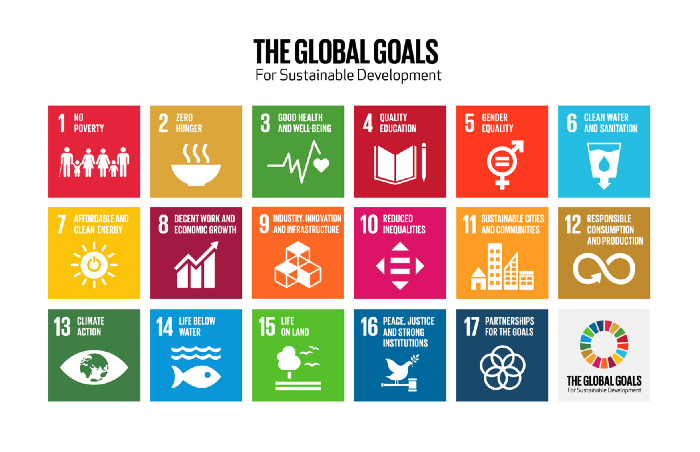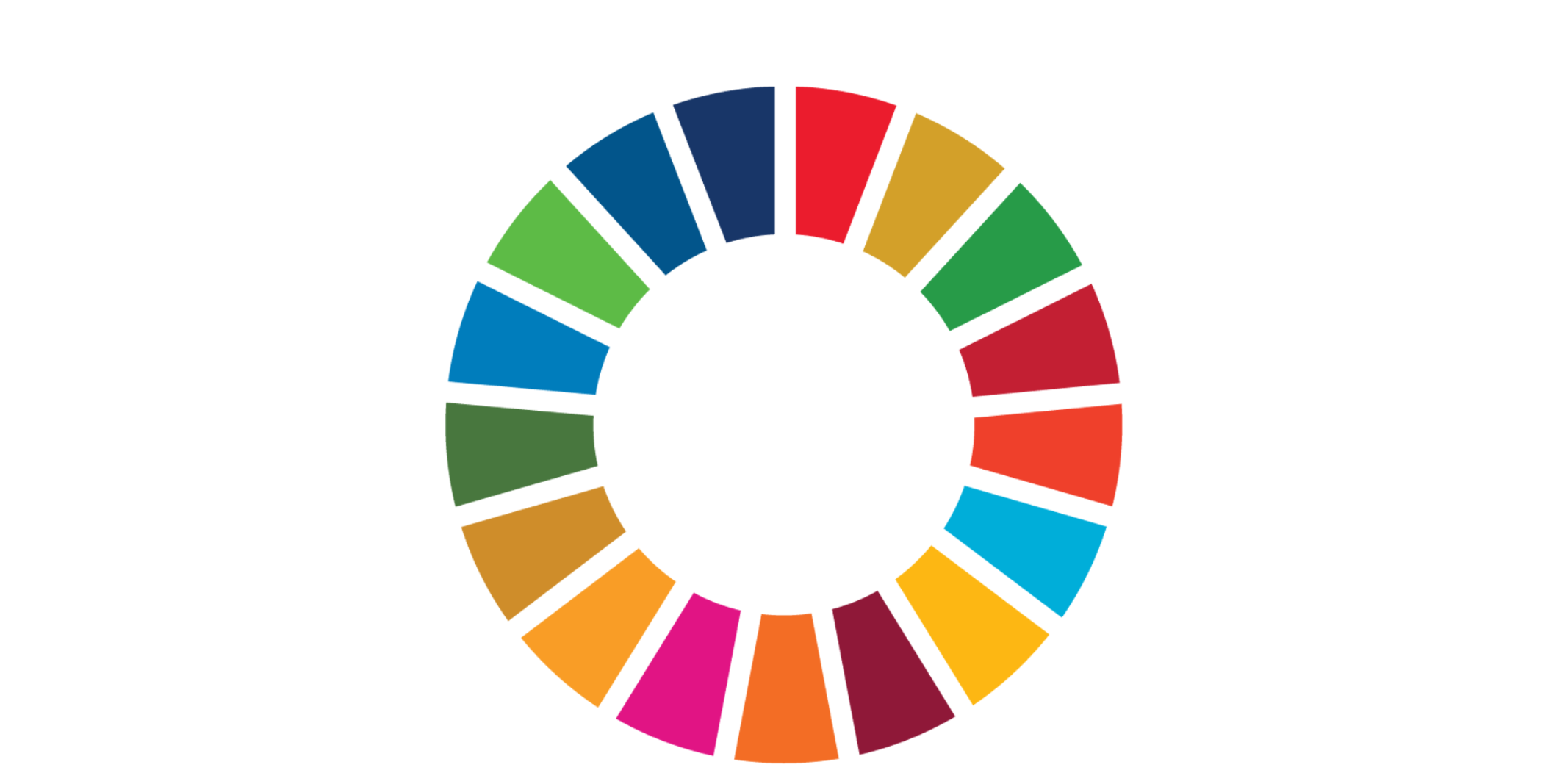In 2019 we joined other data and technology for good advocates at Bloomberg’s Data for Good Exchange 2019 (D4GX). That year’s theme was “Data Science for the Sustainable Development Goals.” In 2015, UN Member States adopted these 17 goals as part of a global call to action. D4GX is one of the many events we’ve seen focusing on the Sustainable Development Goals (SDGs), especially as we move towards the 2030 deadline for achieving them. Given the importance of these goals, and their ability to unify dialogue and catalyze action around global challenges, we’ve decided to adopt this framework by mapping our projects to specific SDGs.
At D4GX, we partnered with Moulton Niguel Water District (MNWD) to present our recent collaboration, which falls under Goal 6 (clean water and sanitation) and Goal 12 (responsible consumption and production). As water utilities implement smart meters, they find themselves buried in water consumption data with the opportunity to detect potential leaks and meter malfunctions in real time. We delivered a change point model to MNWD to flag issues and are excited to see how it performs in the field.
Our track focused on the 2030 SDG pillar of the planet; other groups presented projects falling under Goal 7 (affordable and clean energy), Goal 13 (climate action), Goal 14 (life below water), and Goal 15 (life on land). Topics included using citizen science to understand marine litter, optimizing waste collection routes, using social media to estimate animal populations, and incentivizing water affordability. Despite an agenda packed with panels and paper presentations, it became clear throughout the day that we are in the very early stages of using data to drive many of the SDG targets.

It’s inspiring that conferences like D4GX are putting these goals front and center, but the action can’t end there. As noted in the 2019 UN report, some progress has been made, but efforts are not spread equally amongst SDGs. As we look towards the future, it is our goal to ensure we apply our skills in support of organizations dedicated to a variety of challenges. We hope that this framework will enable us to target areas that have received less attention, to track our progress, and to better communicate with other initiatives in order to scale solutions across SDGs.



